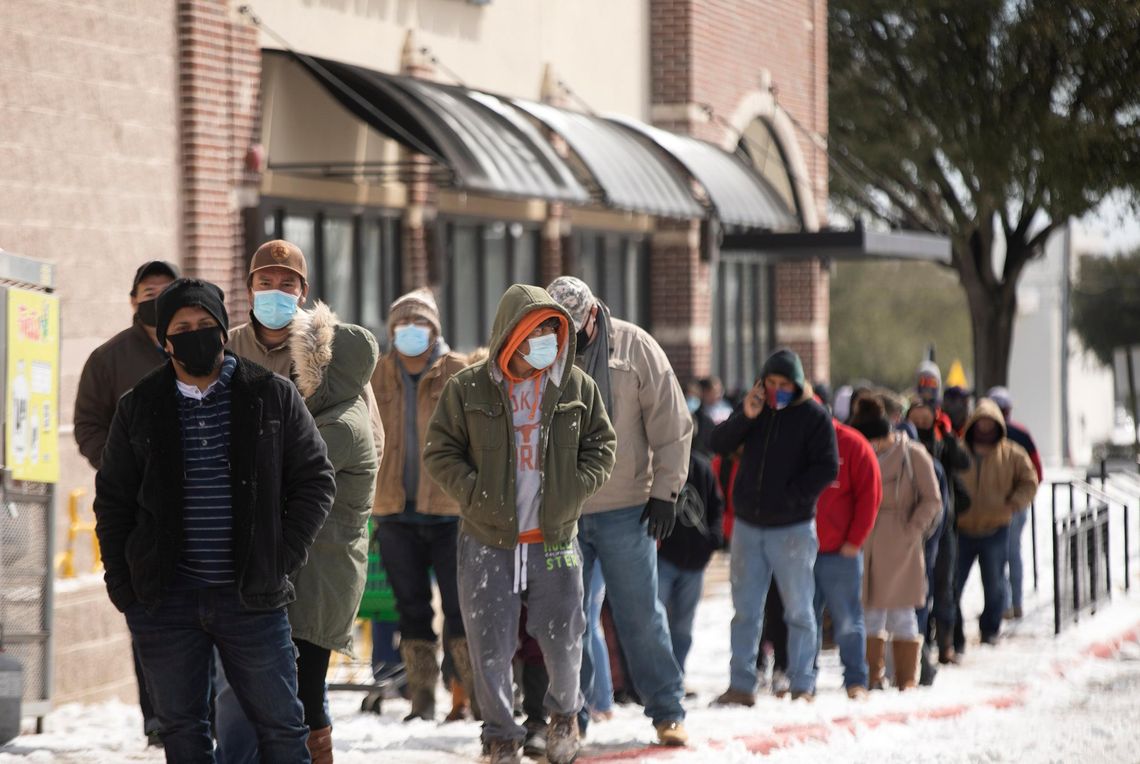The Texas House has approved a sweeping bill that would reform the governor’s emergency powers during a pandemic and involve the Legislature during such instances.
House members voted 92-45 for House Bill 3 in a preliminary vote Monday. They gave formal approval Tuesday, sending the bill to the Senate for consideration.
"We must now take what we have learned in dealing with the pandemic and set a different framework for future pandemics,” state Rep. Dustin Burrows, a Lubbock Republican and author of the proposal, told House members as he laid out the legislation Monday. “As a baseline, you will not government your way out of it.”







